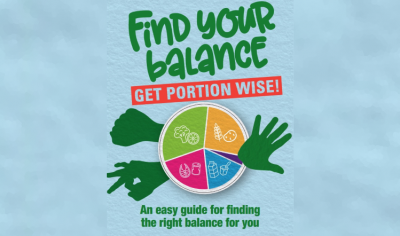Conflicting nutrition advice confuses consumers

Four-in-10 (43%) UK adults had difficulty finding reliable information on healthy diets, with changing information, messages and advice from media (76%) and experts (61%) the biggest causes of confusion, according to the research by the British Nutrition Foundation (BNF).
The survey, conducted as part of BNF’s Healthy Eating Week, questioned almost 500 adults across the UK.
It found that social media platforms were highly influential when it came to nutritional information, with 37% of adults using it as their primary source of information.
The NHS website
Less than a third (30%) of respondents said they used the NHS website, a quarter visited other health websites, and 14% said they gathered nutritional information from a doctor, hospital or health clinic.
“The UK is in the middle of an obesity crisis, and a lack of consumer knowledge and reliable information on healthy eating is a huge cause for concern,” said Roy Ballam, BNF’s managing director and head of education.
“In the digital age, with growing concerns about the trustworthiness of information in the media, many are confused about which online sources are reliable – unsurprising when there is so much conflicting advice available.
“The public need to receive more consistent messaging about diet and nutrition if we are to stand a fighting chance of changing these worrying health statistics.”
Motivated to eat healthily
Despite the confusion, 68% of survey respondents said they were motivated to eat healthily to control their weight and, when shopping for food, 61% of adults said they always or often checked nutrition labels on food.
However, 48% of adults said busy lives and stress played a large role in stopping them from eating healthily, and 40% said that being too tired after work was the main reason for not being active.
Meanwhile, 24% of respondents said there were limited healthy food and drink options available at work or close by, while 28% said there were too many unhealthy snacks available in their work setting.
“It is really encouraging that people are motivated to eat well and to check the nutritional content of the foods they buy. However, there are clearly many who are struggling to put this into action because they are too busy,” said Ballam.















